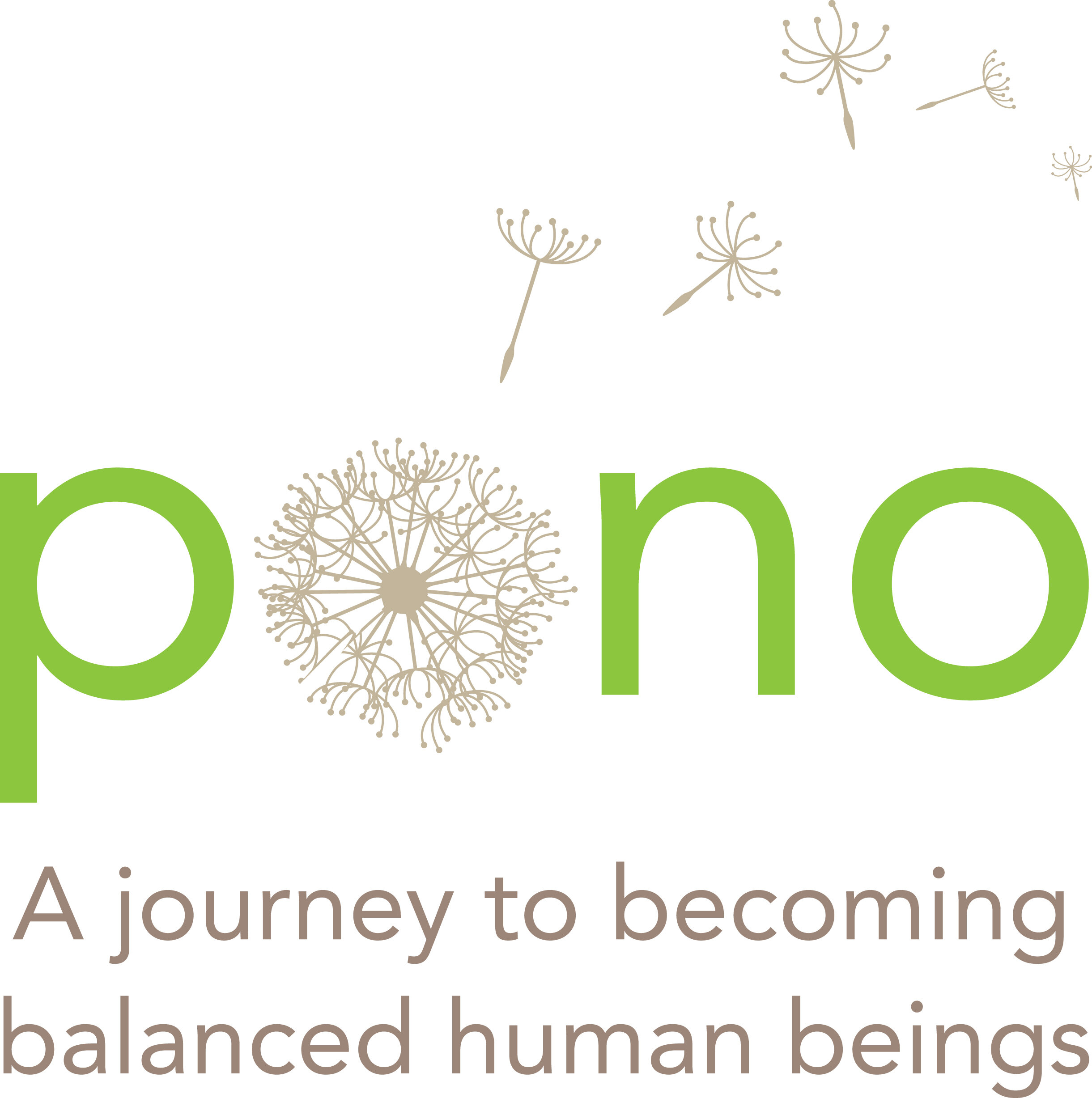Education in the Time of Quarantine
My daughter, Amrita, enjoying springtime in our yard.
It’s Week 11 of COVID-19 quarantine in northern New Jersey, where I live. My 10-year-old daughter, Amrita, and I have been spending a LOT of time together. My role has expanded from mother and friend to homeschool supervisor, curriculum creator, and rec director! Like many parents around the world right now, some days, I rise and other days, I fall flat on my face.
A lot of parents are worried about Zoom burnout, free time after remote schooling, and how to keep their kids engaged and happy right now. During this time of shelter at home, I’ve found that tuning into the spirit of Pono’s democratic curriculum — which centers learning around the children’s interests — has been helpful.
These are the Pono principles that have inspired me:
1. If a child has an interest, help them dig deeper.
Everyday I ask myself: What makes my daughter’s eyes light up? For example, she loves cookies, and she’s been re-reading all her Rick Riordan books ever since we went into lockdown. When I heard about Pono’s student-led Greek mythology and baking classes, I asked her if she wanted to sign up and got a very enthusiastic yes! Kids need kids, and Pono’s virtual classes are proving to be a wonderful way for my child to socialize with children from around the world during this pandemic, while diving deeper into something she’s interested in. It’s also a meaningful use of screen time!
2. Custom curriculum! Allow kids to follow their curiosity and see where it leads them.
A few weeks ago, my daughter was excited to learn to use her camera and asked if she could do a photoshoot of me. She later asked extended family and neighbors on our block if she could do socially distant photoshoots of them and also started taking pictures of spring in bloom. Portrait and nature photography have become new hobbies.
3. Field trips! Discover the world around you.
At least a few times a week, we carve out time to explore new corners of our currently limited geography, whether that’s using a part of our home differently (picnic in the family room!), identifying birds in our front yard, or simply listening to a new genre of music or a song in another language.These practices help us to break the monotony and remind us that a “field trip” is a matter of perspective!
Amrita and I baked bear cookies as part of one of Pono’s virtual classes.
4. Build self-confidence through empowerment.
I’ve had various opportunities to interact with Pono students. My daughter has attended Pono’s summer camp, and I’ve taught there as a guest teacher. In my conversations with Pono students, some of whom will appear on my podcast Story Seeds this spring and summer, I’ve always been struck by their confidence around grownups and their unabashed fearlessness to express their ideas. It’s empowering for children to play a lead role in their education.
The past decade has seen the over scheduling and over structuring of children’s time. This period can allow young people to take back their time and to explore their interests. And it can give us, as parents, the chance to really see our children and listen to their voices. As both a mother and an educator, that sounds like an incredible opportunity!
Photo by Amrita, age 10.
Sandhya Nankani is the founder of Literary Safari, a studio committed to creating inclusive media for kids and families. She is the creator of the award-winning literacy app HangArt and the Apple “new and noteworthy” featured Story Seeds Podcast, where authors collaborate with kids ages 6–12 to grow their story ideas into original stories. She was raised in Ghana and India and moved to the United States at age 12. She and her daughter are big fans of Pono.
More Resources To learn more about Pono and explore online programs for children ages 2–15 visit us here.



